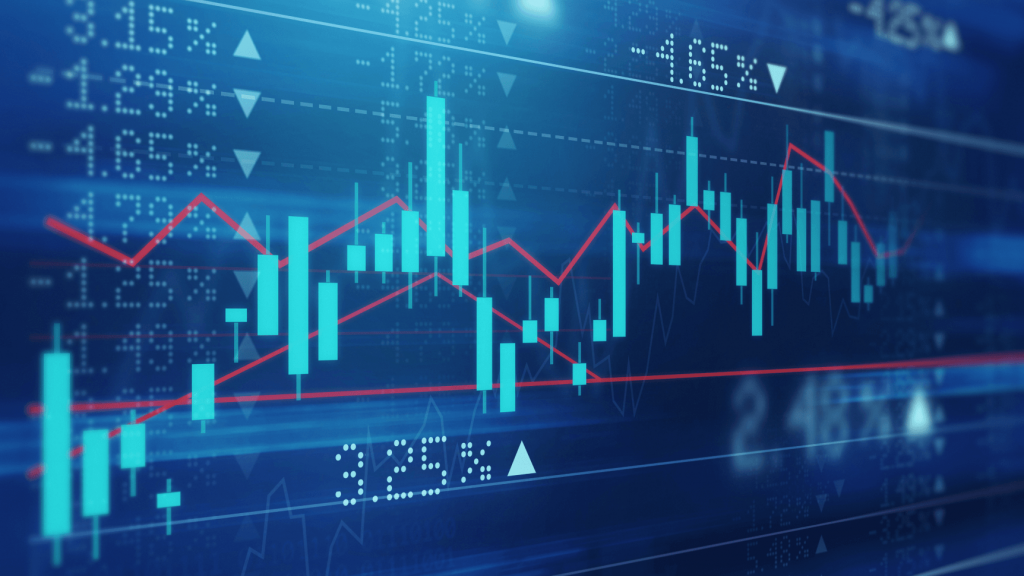How to ensure energy flexibility in face of market uncertainty?

Ahead of Edie Live 2019, where SMS Ltd will be exhibiting on 21-22 May 2019 at the NEC Birmingham, we talk to our Business Development Director, John Flaherty, who is guest speaker at the event.
The title of John’s talk is ‘Ensuring energy flexibility in face of market uncertainty’, which if attending the event, you can catch at the Energy Theatre from 11.15 on Day 2 (Wednesday 22 May).
Hi John! Very simply, what do we mean when we talk about energy flexibility?
The basic premise of flexibility is to match inconsistent energy generation with demand, and the increased requirement for this comes from the ongoing change in our generation fleet.
Today, we’re moving away from traditional thermal power plants to a much greater mix that’s more heavily renewable. The advantage of thermal power plants is that you can turn them up and down easily to match demand, but the downside is they produce lots of carbon – something which is no longer acceptable due to our pressing global need to reduce emissions and decrease climate change.
Renewables, on the other hand, are carbon-free. But in their current form, they are heavily reliant upon external factors that are not entirely predictable. Wind, solar, and wave are intermittent sources of power, meaning you don’t ever quite know how much they’re going to generate. Therefore, your ability to match generation with demand becomes incredibly difficult.
In order to bridge those gaps, you need levels of flexibility, be that storing renewable energy to use when it is required, or the use of response mechanisms to turn down demand when generation is low, or turn up when excess energy is being produced.
With that in mind, what are you looking to discuss during your talk, ‘Ensuring energy flexibility in face of market uncertainty’, at Edie Live 2019?
The focus of the talk is not to discuss all the exciting things that are happening in the world of energy, and how this flexibility technology is the future, more so to get across the message that while we know these developments are going to happen, we don’t know when they’re going to happen, how they’re going to happen or what they’re going to look like.
Therefore, how do you put yourself on the front foot in an exciting space where there is lots of opportunity, yet where all the people you normally need to make a project succeed – such as funders, regulators, and customers – aren’t certain about the future?
What’s the kind of role that SMS Ltd is looking to play in this discussion?
The area where there is a lack of certainty – where technologies, commercial models, or other elements are somewhat in their infancy – is historically where SMS has thrived and built itself as an organisation. The flexibility space is no different.
While we have an awareness of the risk, we also have a good appetite for risk and – importantly – we have a background in the different levels of complexity of energy system technologies in order to appreciate and mitigate risk. We also have a deep understanding of the things that are critical to people who provide finance, and if you put all those things together you have a fantastic opportunity. This is where we sit in this particular space.
We are positioned to be at the forefront in this area: by helping other businesses mitigate as many of these factors as possible and ensuring that they leave only the amount of risk that reflects the level of opportunity. Therefore, it’s not just a stab in the dark but a qualified voyage of discovery.
Are there certain things businesses who are interested in energy flexibility should start doing now to prepare for the future?
Instead of backing a specific technology or saying, “this is the right thing to do for this kind of business”, I want to go back a step and get these businesses to start thinking about an approach that will prepare them for the length of time that these assets tend to last for. This could be anything between 10 and 40 years, or 15 to 20 years on average, which is a long period of time over which the regulatory landscape is unknown.
We have a certain view of what this looks like within the next couple of years, but very little idea after that. For example, we have a landscape on carbon policy which is unknown, and only a certain amount of ability to forecast energy prices. When you don’t know very much, what should you be doing when making a decision about a big investment for the future? Well, it’s about making sure you invest your money in assets and systems that have the adaptability and flexibility to change their use, their operation, and their interoperability over those extended lifespans, so they don’t become obsolete in five years’ time.
A final word on events like Edie Live 2019. What is their importance for generating discussion and ultimately finding solutions and partnerships to tackle our future energy challenges?
Events like this bring people together from different strands of the same sphere to share ideas and hopefully advance our march towards a decarbonised economy. This is where SMS hopes to be at the forefront: not just in terms of leading discussion, but in leading the smart energy revolution through our knowledge of the industry, our investment in technologies and systems, and of course through forging strong relationships too.


